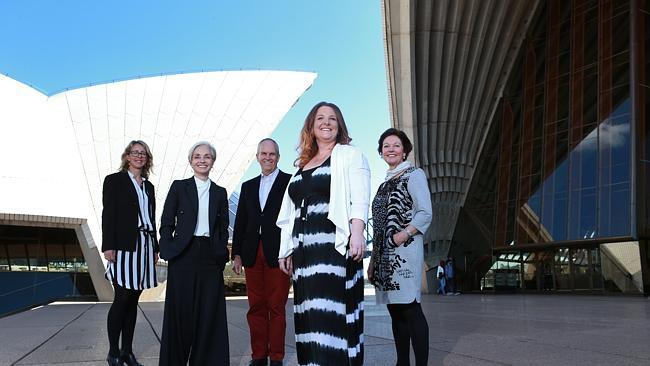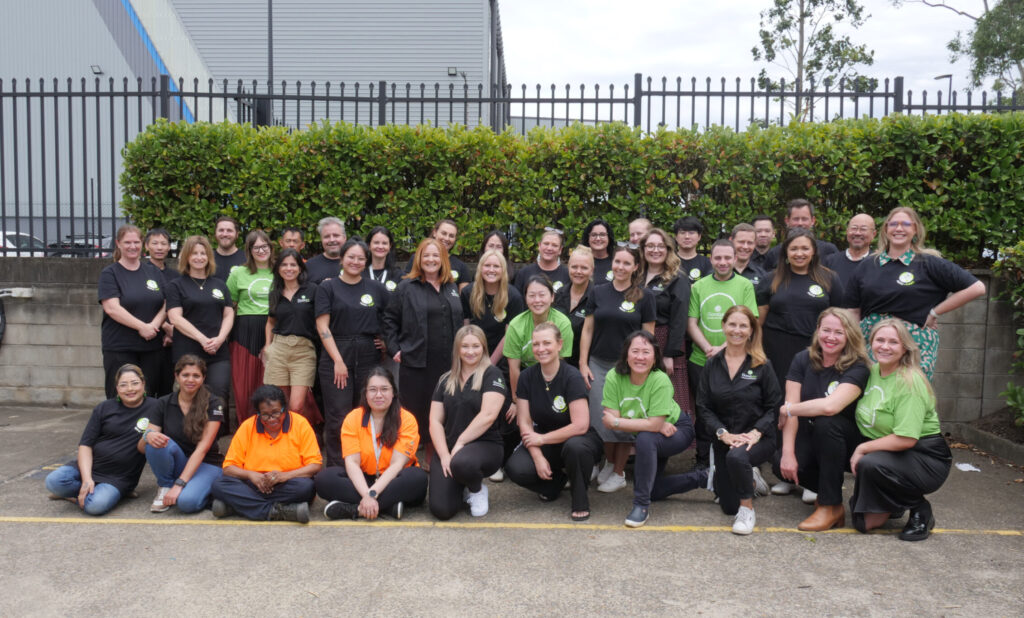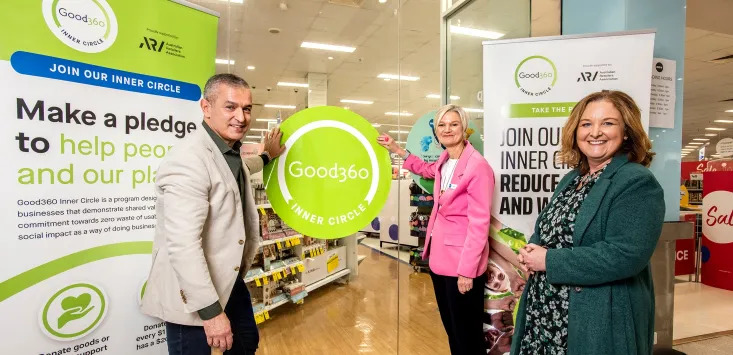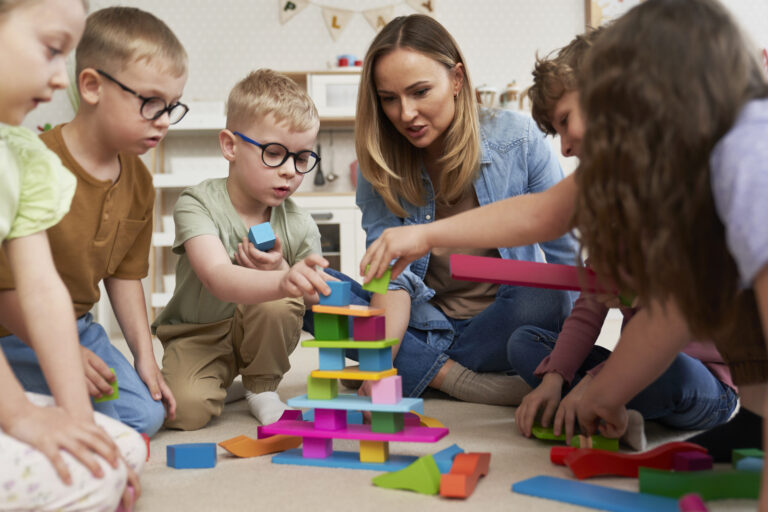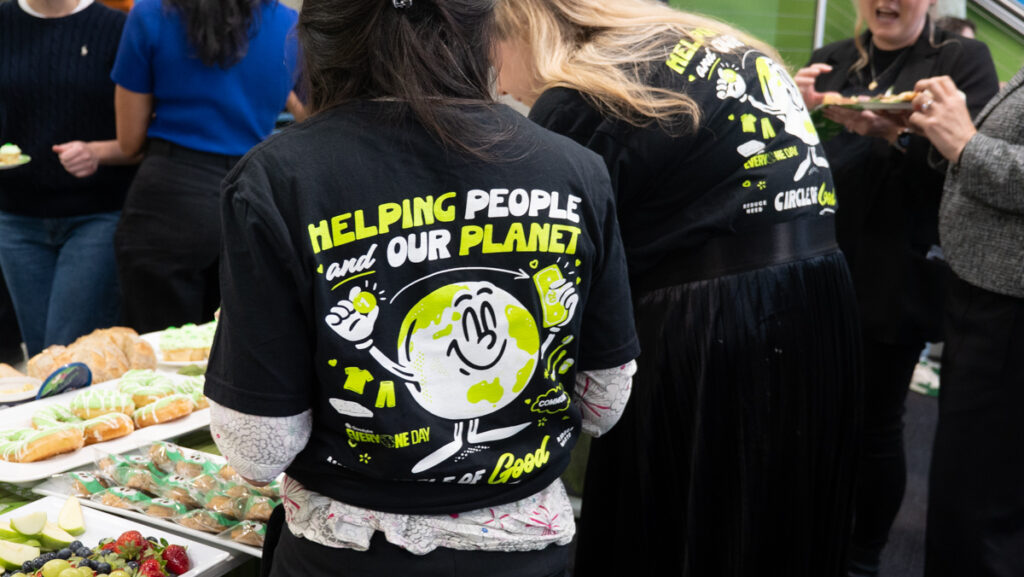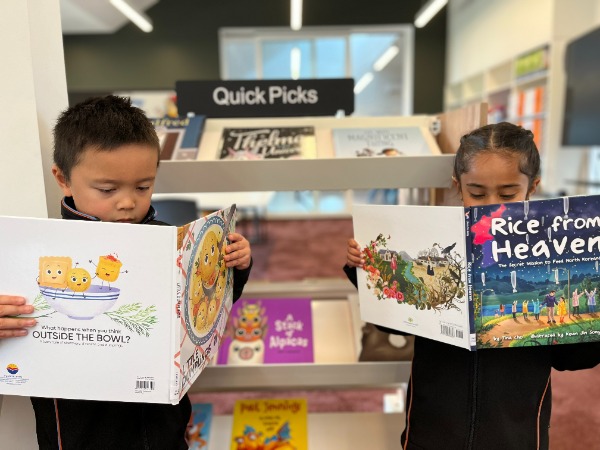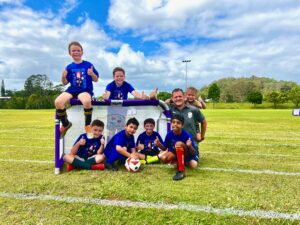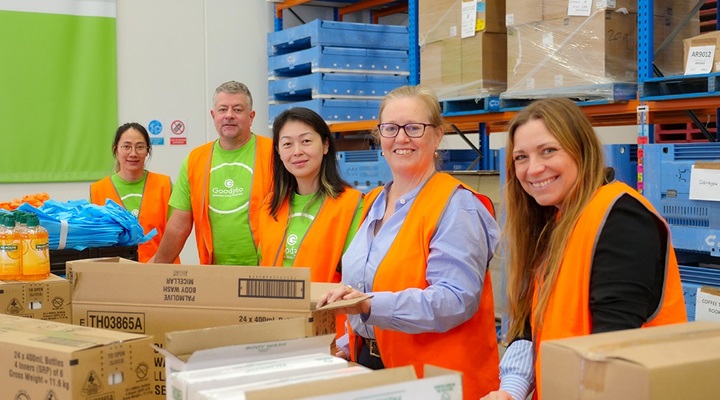The significance of childhood habits and activities on developmental outcomes is indisputable. Reading is one of the most developmental activities children can partake in, whether they are being read to by a parent or reading on their own. Recognising this, Good360 Australia and Booktopia have partnered up aiming to provide books to children in vulnerable communities across Australia. This collaboration stems from a shared belief in the transformative power of reading on children’s learning outcomes and overall welfare.
Reading fosters bonding between parents and children
The best way to introduce a child to reading is by early book sharing, which has proven to be important for language and literacy development. Not only is it a shared activity that can facilitate bonding between adults and children, but a child’s attention to books joined by a parental figure can enhance their vocabulary and social development. By fostering a positive learning environment, caregivers encourage curiosity and open communication, facilitating the exploration of new ideas and concepts.
Enhancing lifelong learning
The benefits of reading extend beyond childhood, contributing to lifelong learning and cognitive development. Children who read are exposed to a deep understanding of their world and fill their brains with background knowledge. Moreover, reading enhances phonemic awareness, crucial for literacy development, and fosters a robust vocabulary. A study found that children’s books have 50% more ‘rare’ words in them than adult prime-time television, implying the fact that growth in vocabulary stems more from reading material than conversation.
Promoting Relaxation and Emotional Wellbeing
Amidst the hustle of modern life, reading offers a sanctuary for relaxation and emotional rejuvenation. Contrary to common perception, reading is not a taxing endeavour but rather a source of solace and creativity for both children and adults. A study on the stress-relieving power of reading also found that reading reduced feelings of stress in adult participants by 68%. By immersing themselves in fictional realms and acquiring new knowledge, children find respite from daily stressors while stimulating their imagination.
Fostering Empathy and Emotional Intelligence
Through literature, children navigate complex emotions and gain insight into diverse perspectives. By empathising with characters, they develop a nuanced understanding of their feelings and those of others. This heightened emotional intelligence nurtures empathy and compassion, fostering respectful interactions with individuals from varied backgrounds. This ability to understand other people’s beliefs, desires, and thoughts, is called ‘theory of mind’. A 2013 study found that those who read fiction possess a stronger ‘theory of mind’ than those who do not.
Despite the many benefits of reading, disparities persist that affect children in low socioeconomic communities. Limited access to books and supportive environments hampers literacy development and communication, magnifying educational inequalities that can impact a child’s development as they enter adulthood.
The partnership between Good360 Australia and Booktopia embodies a commitment to equitable access to education and empowerment. By distributing books to disadvantaged communities, this collaboration empowers children with the tools for lifelong learning and personal growth. Since the beginning of our partnership in 2020, Booktopia has connected $2.7 million worth of books to Australians in need, making a massive impact on our charity and school partners so they can focus their time on developing programs to better service their communities. Thank you to Booktopia for providing education opportunities to children in need, paving the way for brighter futures.
If you are a charity interested in becoming a member and receiving donated brand-new goods, view our membership options here.
If you are a business interested in making a difference Australia-wide with brand-new goods, learn more here.
References
Farrant, B.M., & Zubrick, S.R. (2013). Parent-child book reading across early childhood and child vocabulary in the early school years: Findings from the longitudinal study of Australian children. First Language, 33(3), 280-293. https://doi.org/10.1177/0142723713487617.
Krishnan, S., & Johnson, M. (2014). A review of behavioural and brain development in the early years: the “toolkit” for later book-related skills. https://www.booktrust.org.uk/globalassets/resources/research/krishnan–johnson-2014-full-report-a-review-of-behavioural-and-brain-development-in-the-early-years-the-toolkit-for-later-book-related-skills-.pdf
Rowland, C., Noble, C., Lingwood, J., & Coates, A. (2016). How does shared book-reading help boost child language development in the early years? LuCiD evidence briefing 3: Shared book-reading. ESRC International Centre for Language and Communicative Development (LuCiD). Retrieved 8 August 2023 from http://www.lucid.ac.uk/media/1639/lucidbookreadingbriefingjuly16.pdf.

